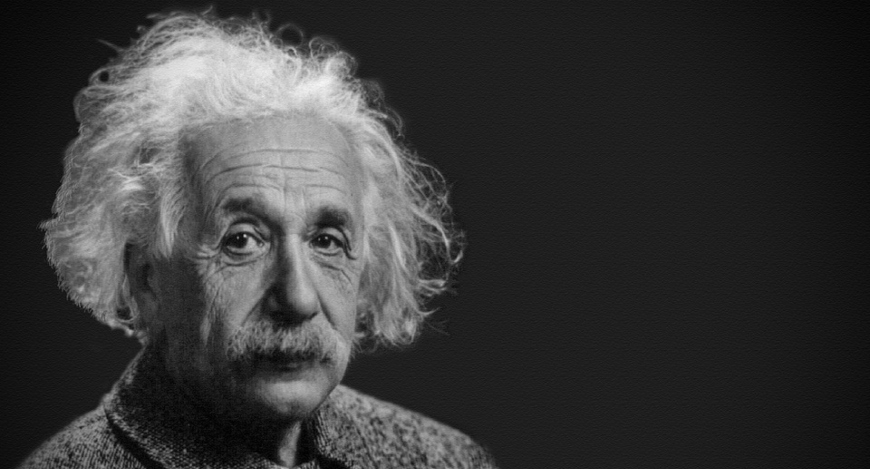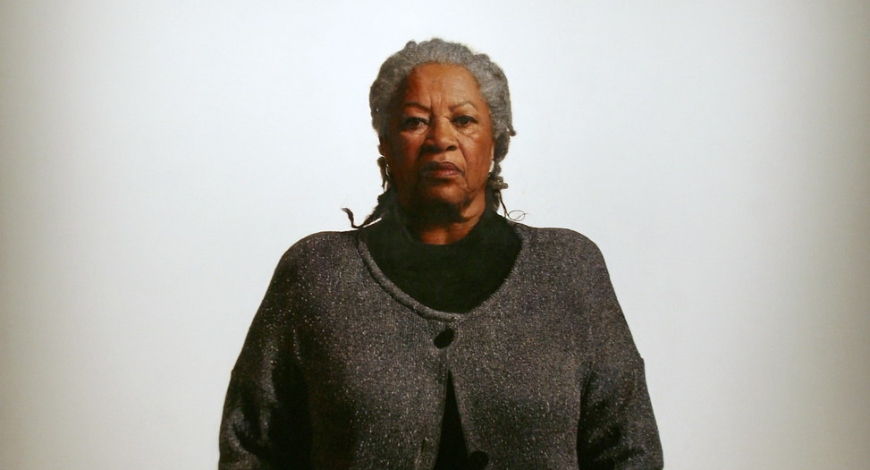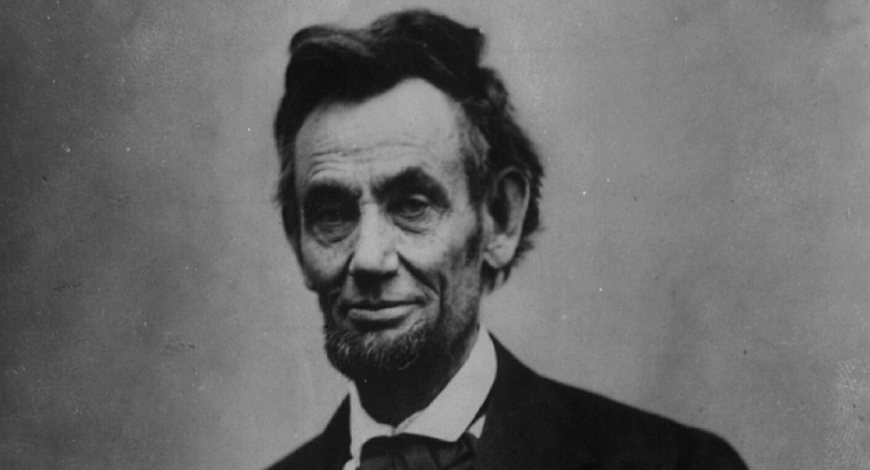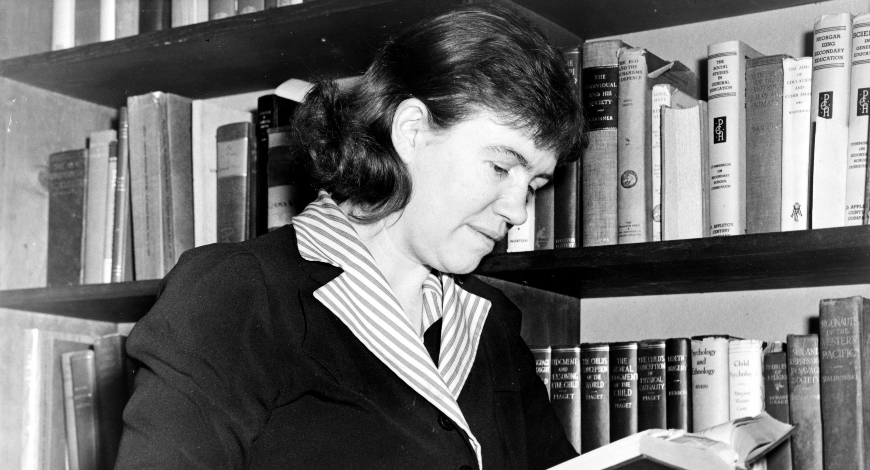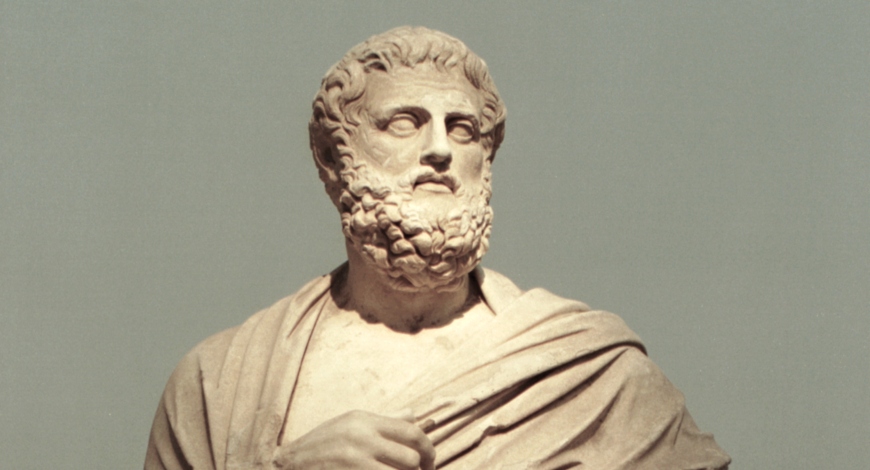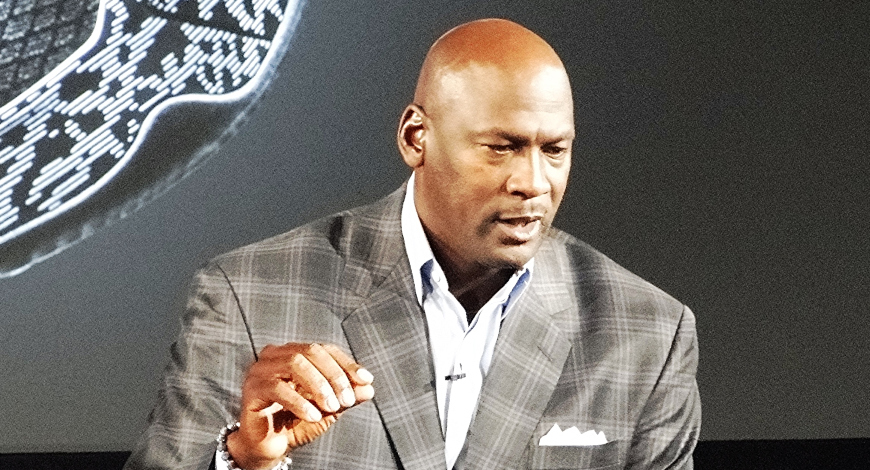We often think of success in life as being tied up with the external rewards we get like money, fame or power. Life is viewed as a race to achieve these rewards. But maybe we are running the wrong race, maybe we should pursue more internal rewards like being a good person and doing the right thing. Aligning our life to the pursuit of moral values may not give us riches and fame, but it brings great value to the world.
When many kids talk about strategies for living a happy life, they often talk about goals, like getting a great job or becoming famous. If they reach that goal, then that’s clear evidence of success and deep satisfaction for having pursued something to completion. But what about the relationships we build? They also shape our happiness in a meaningful way but don’t always have end goals. Sorting what makes a person truly happy is very challenging work.
Henry David Thoreau’s time spent at Walden Pond was not a fluke; it was a carefully planned and executed choice to live deliberately according to Thoreau’s transcendental beliefs. I would use a study of Walden to connect to the Lao …
Setting aside the 19th century gender-biased language and applying the wisdom to all students, Thoreau is saying something important about success and positive thinking. If students believe they can succeed, then they are halfway home. The power of positive thinking is undeniable. But failure is also crucial. Students must find a balance here between positive thinking and acceptance of their imperfections. Only then will they learn how to persevere.
Students think and talk about happiness all of the time. Some believe happiness is something we control and that if we just do the right things we will become happy. There are others who think of happiness as a byproduct of a good environment and not something we can control. The issue of whether we control our happiness is an important one because it determines whether or not a student develops a healthy capacity for self-motivation and goal-setting.
Students of every age struggle with moral decisions about how to balance their own individual needs with the needs of others. Either way they decide, there is sacrifice. Focus on the individual and they must sacrifice others. Focus on others and they must sacrifice their own individual needs. Clear answers are hard to come by. What’s important is that students make a commitment to reflect deeply on ethical decisions before they make them and take responsibility for the decisions they make.
Students approach decision-making in very different ways. Some are very impulsive and see decision-making as something to rush into and are very comfortable making changes on the fly. Others take a cautious approach and carefully consider all options before deciding on a course of action. Each situation demands its own customized strategy and students must reason through the options to select the right one.
When students hear the mantra “You can make a difference in the world,” there’s often an eye-roll. Students struggle to see how the actions of a few can have big consequences for the many. The fallout of this attitude is that many won’t decide to participate in that school-wide fundraiser, start that club or vote in the next election. The impulse to remain apathetic is strong but, as Mead reminds us, it just takes a different way of thinking to liberate us to act.
Going through hard times is something most everybody has to do. Some people face hardship and turn away. They become discouraged and think that success is unattainable. Others see hardship as an opportunity for self-motivation, goal-setting and a fresh re-evaluation of values. Students must determine whether to see hardship as a barrier or an opportunity, and accept the consequences underlying the choices they make.
The ability to work in a team is touted by teachers, employers and coaches as an indispensable skill. Alone, people can accomplish great things but when people work as a team the potential for success skyrockets. Students know this in theory but when it comes to accepting the reality of working with others who have different styles and motivations, all of a sudden teamwork feels like a heavy burden.
Goal-setting is thought to be a skill of highly successful people. Some students are really good at it. They map out their life events with certain outcomes in mind. Other students just want to ‘go with the flow’ and goal-setting makes them nervous and unfulfilled. The value of goal-setting is in dispute and, therefore, students must decide for themselves how they want to integrate it into their life activities.
An ambitious person is confident and self-motivated, both of which are qualities we want to see in our children. But ambition sometimes gets us into trouble. It encourages us to compete with others over scarce resources and that causes us to be selfish and uncompromising sometimes. It’s important to recognize that there are other people in the world and we have an ethical obligation to think about their needs as well.

